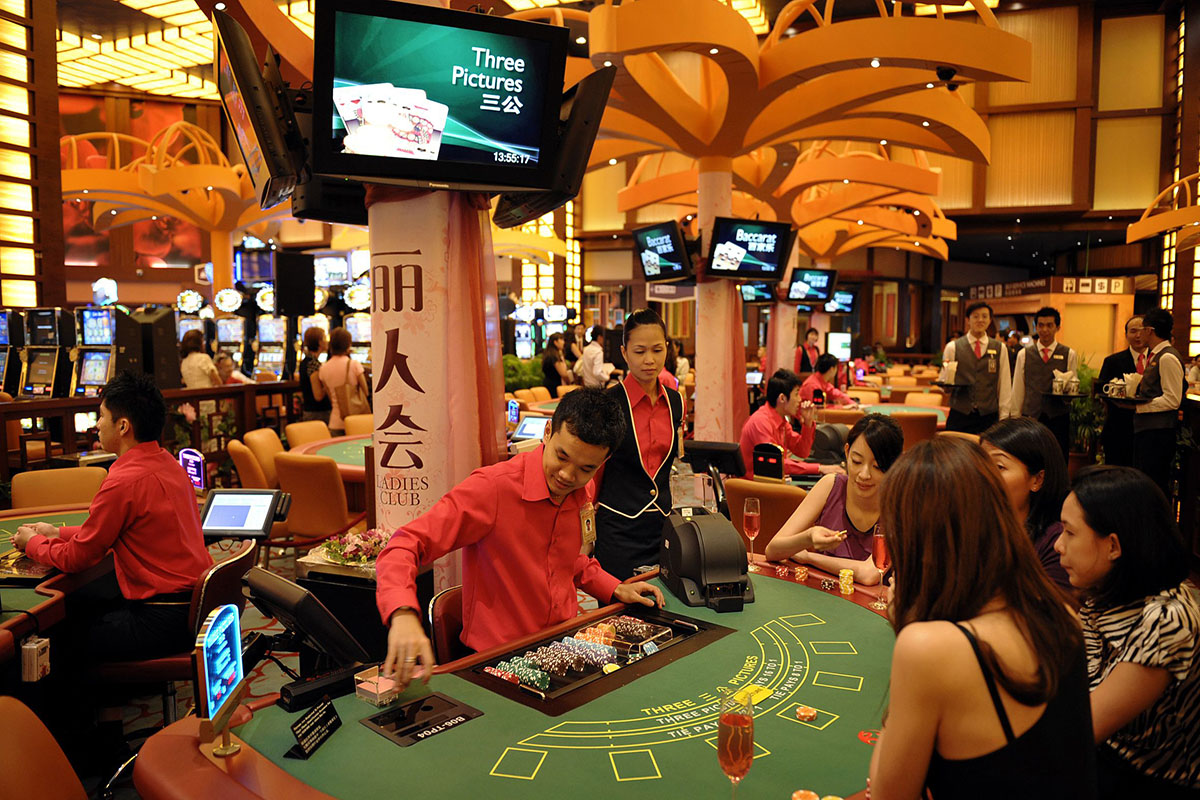
In the world of gambling, in which chance and strategy intersect, a unique tapestry of beliefs emerges—one that intertwines luck, fate, and the enigmatic nature of casino games. Casinos, bustling with excitement and anticipation, are not just spaces for placing bets; they are also arenas where superstitions thrive. From the novice player to the seasoned gambler, these mysterious practices often shape how individuals approach the games they play, believing that their actions can influence the outcome in ways that go beyond mere probability.
As players gather around roulette wheels, blackjack tables, and slot machines, the atmosphere is thick with stories of lucky charms, rituals, and codified behavior that defy logic yet provide a sense of comfort. Whether it’s wearing a specific outfit, following a particular sequence of bets, or even avoiding certain numbers, the attachment to various superstitions reflects a deep-rooted desire to manipulate the uncontrollable. This article delves into the captivating world of casino game superstitions, investigating the beliefs that both entertain and mystify those who dare to play.
Historical Roots of Superstitions
Gambling games have long been interwoven with an array of superstitions that go back to early cultures. The origins of these beliefs can be associated to humanity’s innate desire to control the unpredictable outcomes associated with fortune and randomness. In ancient civilizations, activities of uncertainty were often linked to religious practices. Players would seek blessings or ask for favor from spirits, believing that their actions could change the odds in their favor. This foundation laid the basis for the multitude of superstitions that spread as betting evolved over time.
During the medieval period, betting became a widespread hobby across European nations, and with it, a diverse tapestry of superstitions developed. Participants adopted numerous rituals and charms, believing they could change the consequences of games. The importance of digits, in particular, emerged to appear in superstitions around card games and dice. The number 7 was often considered lucky, while other numbers carried negative connotations. These ideas mirrored the societal contexts of the time, adapting as they passed through generations and changed to different gaming environments.
As gambling houses emerged in the 17th century, particularly in Italy and the French nation, the atmosphere surrounding betting became steeped in enigma. The growing accessibility of gambling games allowed for the dissemination and growth of superstitions among players. Concepts like lucky charms, designated seating locations, and rituals gained prominence, creating a special culture within betting houses. As these traditions continued to thrive, they became fundamental to the identity of casino games, illustrating how history and society shape the notions that influence how gamblers connect with luck.
Widespread Gambling Superstitions
Beliefs surrounding gambling activities are plentiful and diverse, reflecting the dreams and anxieties of players as they participate in random activities. One of the most common beliefs is that certain digits bring luck or bad luck. For example, the digit 7 is often seen as a favorable digit, frequently embraced by gamblers looking for a favorable result. Conversely, the number 13 is routinely considered unlucky, leading many players to avoid it during their gambling periods.
Another frequent belief relates to practices that players believe can affect their chances. Whether blowing gently on the dice before a roll, using a specific hand to place a wager, or even wearing specific items of clothing, many individuals feel that these rituals can tilt luck in their favor. These rituals offer a feeling of power in an otherwise unpredictable environment, strengthening the idea that fortune can be manufactured through personal beliefs and habits.
Lastly, the environment and atmosphere of the casino itself contributes to myths. W888 Many gamblers suggest that the presence of certain icons, such as four-leaf clovers or lucky coins, can enhance their odds of success. Additionally, gamblers might adhere to the notion that victory streaks can be interrupted by mundane occurrences, such as a person walking past or a spill at the table. The collective atmosphere in a casino can amplify these superstitions, creating a communal culture of superstitions that transcends single encounters.
Impact of Superstitions on Players
Superstitions play a significant role in the psychology of gamblers, often influencing their behavior and decision-making. Numerous gamblers believe that luck can be manipulated through different rituals, such as donning a talisman, selecting specific colors, or steering clear of particular digits. This reliance on superstitions can create a feeling of authority in an environment that is inherently unpredictable. Players frequently feel more self-assured and involved when they believe that their actions could sway the result of a game in their advantage.
The influence of these superstitions extends beyond individual players, affecting the overall atmosphere inside the casino. For example, a player who holds the belief in the luck of a certain slot machine might attract a gathering, as others are fascinated by their apparent success. This shared belief can amplify excitement and create a dynamic environment, leading to an captivating experience even for those who may not necessarily be superstitious. The excitement around specific games can lead to higher participation and longer playing sessions, supporting the casino’s lively social scene.
In some cases, superstitions can lead to detrimental effects for players. Relying too heavily on rituals can result in bad gambling decisions, as some may ignore basic strategies in favor of baseless beliefs. Additionally, the pressure to perform rituals may increase anxiety and stress levels, detracting from the pleasure of the experience. Ultimately, while superstitions can enhance the thrill of playing casino games, they can also lead to unwise choices that overshadow the enjoyment and entertainment intended in the casino experience.